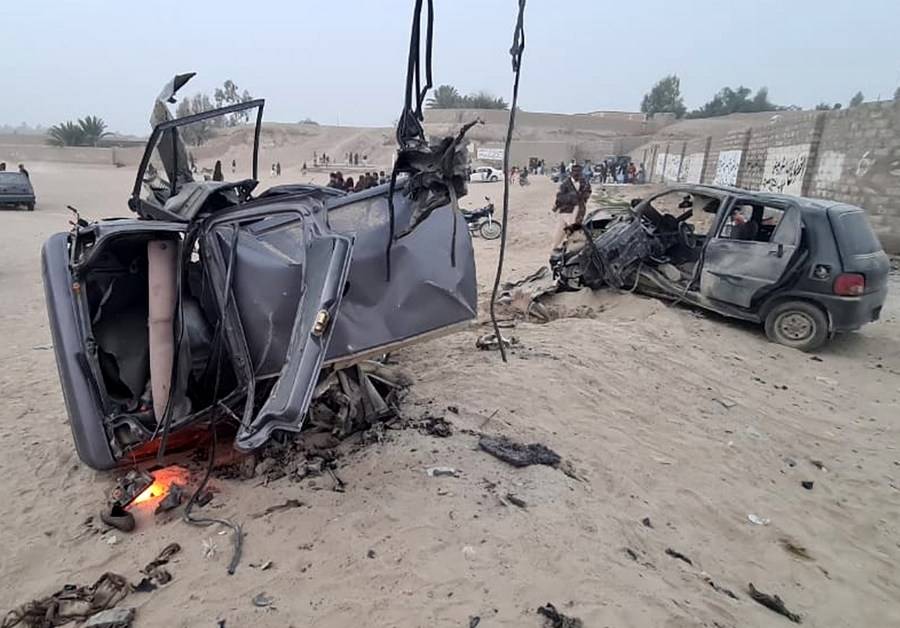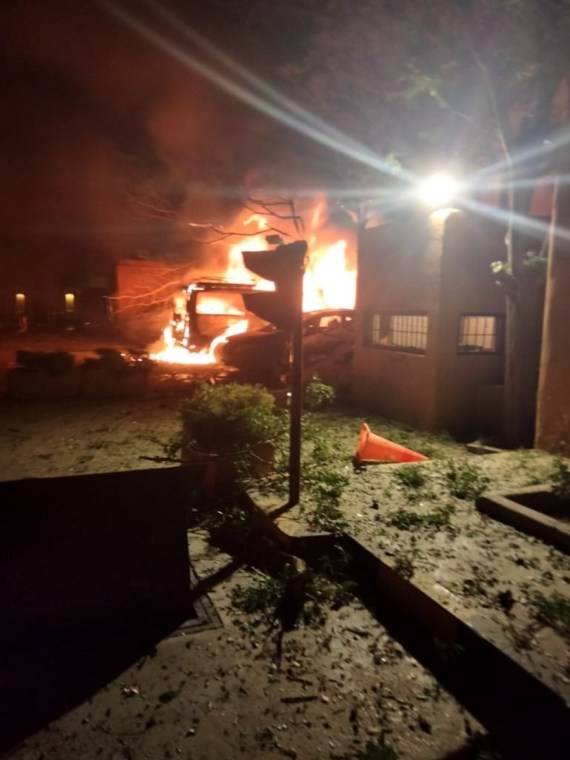
Balochistan separatist groups have always been in opposition of the CPEC project, accusing China for what they call, stealing their resources….reports Asian Lite News
The fresh surge in turning Pakistans Balochistan province into a war zone has led to a debate on the factor that played role in promoting terrorist groups in carrying out widespread targeted attacks on security forces, flaring up a new wave of violence and terrorism.
Political and security analysts believe that the volatile situation in Afghanistan, coupled with foreign support to the terror groups from other neighbouring countries are among the main factors that behind regrouping and targeted assaults by separatist terror organisations.
In the latest series of attacks by terror groups in Balochistan, dozens of security personnel have lost their lives while large number of militants have also been neutralised in bomb blasts, clashes, ambushes and heavy exchange of fire.

“The resurgence of terrorism in the province is not unexpected, given the vastness of the region, loose control of the Pakistan-Afghanistan border, and involvement of foreign elements,” said Lt. General Retd. Talat Masood.
Balochistan province holds pivotal importance as it routes the China-Pakistan Economic Corridor (CPEC). Militant groups have been targeting sensitive security installations around the CPEC route and border line areas with major attacks, resulting in killing of at least 20 Pakistani soldiers.
The killing of 10 soldiers in an attack on a security checkpost in the Kech area near the Pakistan-Iran border on January 28 was among the deadliest of the attacks, claimed by separatist group, the Balochistan Liberation Front (BLF).
Terror attacks in Panjgur and Noshki districts on February 3, which targeted security posts and installations, were foiled by the Pakistani security forces, resulting in the killing of at least seven personnel and 13 militants.
Analysts believe that the 600-km coastline of Gwadar under the $64 billion dollar CPEC project, the takeover of the Afghan Taliban in Afghanistan, support by India for the Baloch separatist groups and lastly, the Iranian terror groups including Zainabiyoun, are among the key factors behind the unrest in Balochistan.

Balochistan separatist groups have always been in opposition of the CPEC project, accusing China for what they call, stealing their resources.
The separatist groups have also opposed province’s inclusion into Pakistan, claiming that it was forcibly incorporated into Pakistan during the end of British colonial rule in 1947.
Analysts also say that the vastness of the Balochistan province with widespread mountains and untapped terrains; the province has become a most suited place for militant organisations to regroup.
“The security forces should have been more complacent after subsiding the insurgency in recent years. They have reared their head also because of lack of preparedness from the security forces,” said defense analyst Ikram Sehgal.
Anwar Sajidi, a political analyst believes that the reunification of separatist groups and the facilitation from suspected Indian handlers has also been one of the prime reasons behind the fresh wave of violence in Balochistan.
“Different separatist outfits have recently formed the Baloch National Alliance (BNA), an umbrella group, which has improved coordination and access in terms of attacks,” he said.
ALSO READ: Graves of minority Ahmadis desecrated in Pakistan


